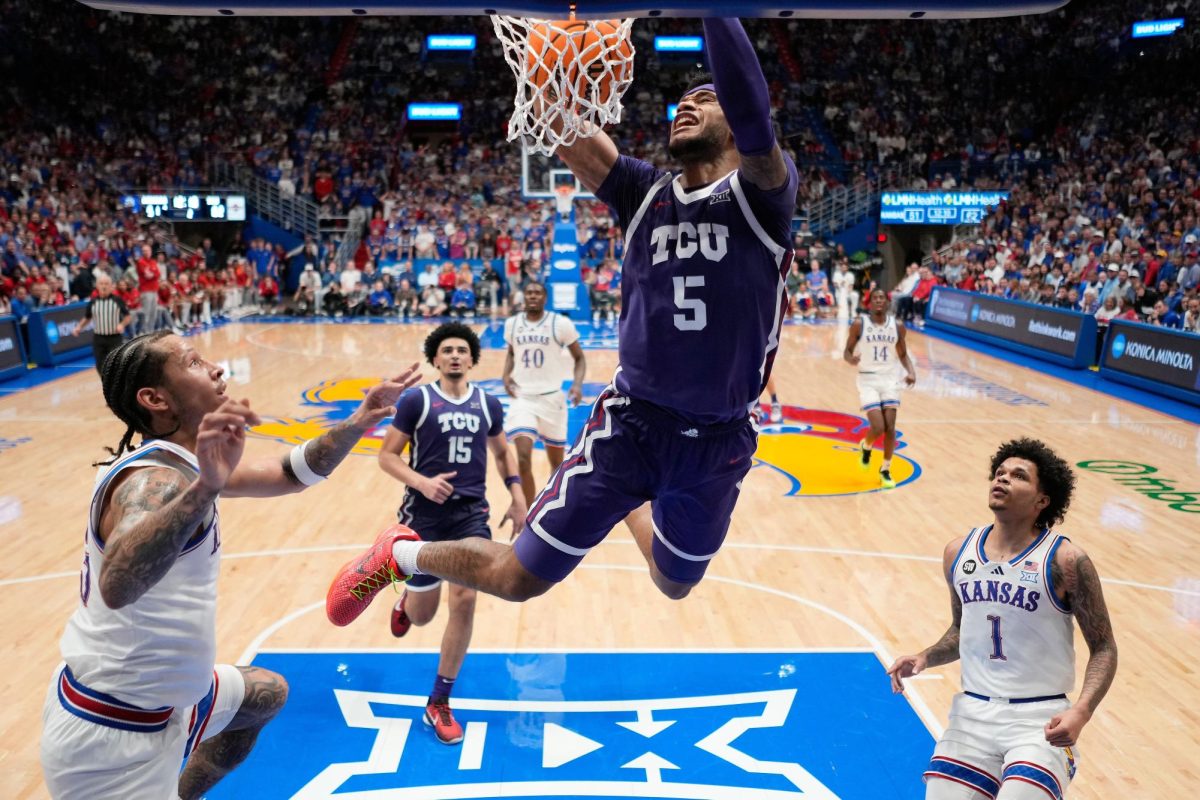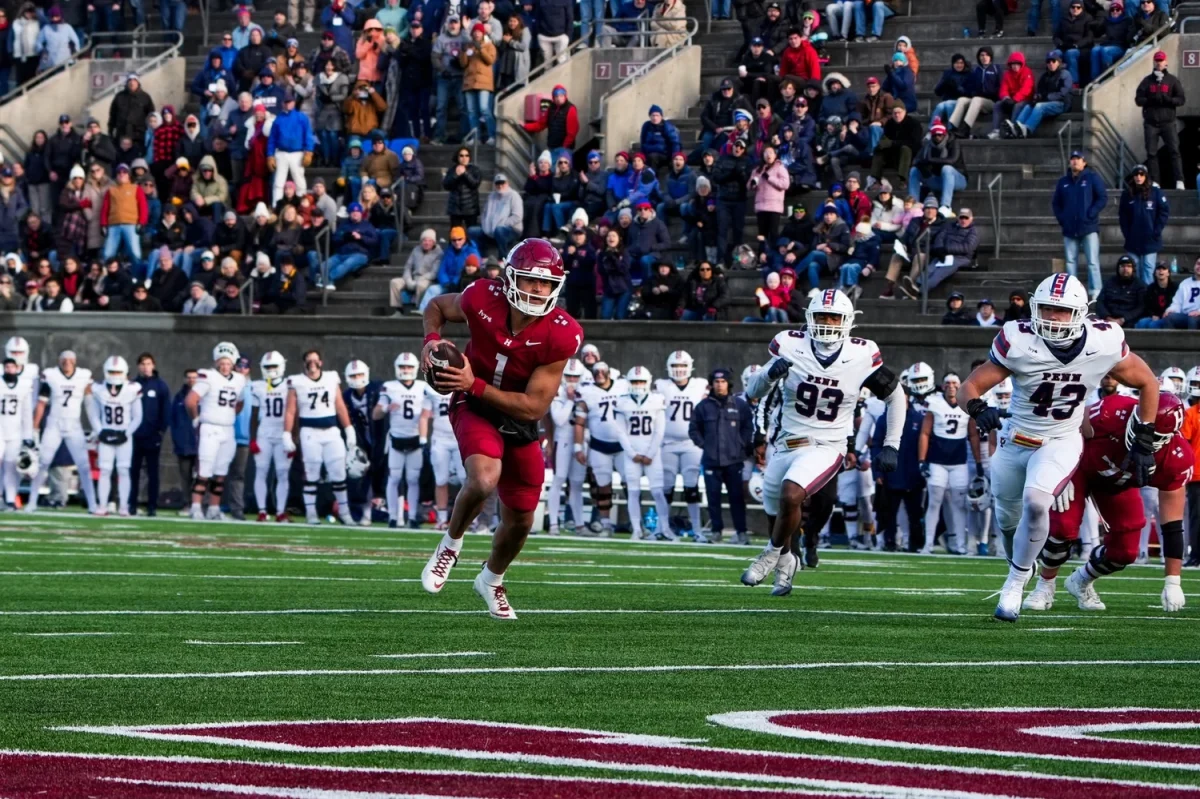TCU Athletic media relations officials said they believe TCU’s shift to the Big East Conference will have a positive effect on TCU athletics, and not just for the football and basketball teams.
“It’s just greater national exposure for us as a whole. It’s a chance to bring in more revenue, get in front of more people. There is definitely plenty of positives,” Chris Perry, TCU women’s tennis media relations director, said.
Perry, also the director of media relations for the Swimming and Diving team, said the shift from the Mountain West to the Big East Conference exposes teams to better competition since players compete with more nationally-recognized schools.
“For women’s diving, it’s definitely a step up in competition,” he said. “It will allow us to tap into even more recruiting resources.”
Brandie Davidson, media relations director for TCU baseball and women’s volleyball, agreed.
The shift opens up yet another avenue for TCU on the recruiting trail and helps make TCU more national by broadening recruiting opportunities to the east coast, she said.
Jamie Handy, director of media relations for TCU cross country, track and field, women’s soccer and men’s tennis, said the new opportunities available to all in athletics are exciting as most teams get a fresh start.
“It’s a clean slate. Its 0-0. So we are kind of building a new tradition,” he said. “I think it’s cool.”
People will get a chance to see TCU playing schools they have not played before these past six years, he said.
Handy said playing in the east could also offer a great opportunity for student athletes to experience something different.
“You get to go and visit all these places and see all these landmarks,” he said. “Now you get to go to New York, and you go to Pennsylvania, Florida. It’s something new to offer. It’s going to be new for everybody.”
Handy said he believed this gave students not just “an athletic experience but a student experience and a college experience.”
Perry said the coaches and players in his department were thrilled by the opportunities to play in the east.
And unlike a common misconception, not all athletic teams have to travel a lot, he said.
The Olympic sport teams at TCU do not have to travel as much as people anticipated, he said.
While competing in the Mountain West Conference, Olympic sport athletes had to travel to the west coast frequently. Being a part of the Big East means competing in a post-season championship rather than a regular season, which works better for teams in terms of scheduling and less traveling, Perry said.
In fact, Davidson said she thought traveling to the east instead worked out as a huge benefit for TCU Athletics.
“I would say probably the biggest benefit is instead of getting back two hours later you now get back an hour earlier,” she said.
She thought this was key for coaches and athletes as they got home earlier and she thought this would be an academic benefit for the athletes.
Handy agreed.
The distance traveled worked out to be relatively the same, however, picking up an hour in travel was a significant benefit, he said.




